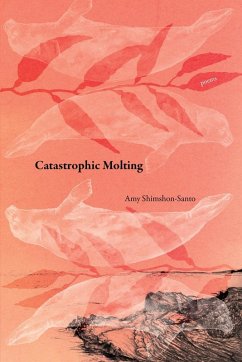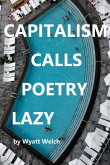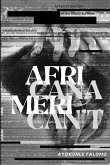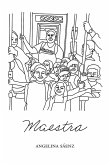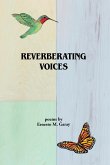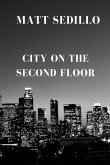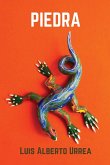Catastrophic Molting is the collective ritual of loss and regeneration experienced by sea elephants (Mirounga Angustirostris) along the California coast. While molting, the mirounga rest together on the shore, and fast to preserve their energy. Collective resting creates social protection during times when they are most vulnerable. Only through these periods of dramatic change can they grow sleek new coats. The poems in this collection speak to mourning and loss, rage and defiance. The book is structured in three sections: Contagion, Sangue, and Pelage. The contagion poems reveal a world split in half like a calabash by a virus. "Beating, trembling" the book opens with a woman pleading for mercy. The poet creates erasure poems that shift isolation into observation: "my feet looked outside /listening." The work conveys the liminality of profound change. "A new cycle had begun / I would never be the same again." The second section, Sangue, gathers poems of mourning and rage. "I know a psalm when I hear one / when you murder the future of music / you are conjuring extinction." Dysfunction on planet Earth reverberates from the street across our expansive galaxy. These poems refuse to normalize war, militarism, or deadly police misconduct. In the final section, Pelage, the poet gathers war inside her own body to detonate it. The poems decry the haunting repetition of abuse of power and climate collapse. Moving bare-handed through pain, the poems gather momentum to "blow tsunami-wind" and "rattle clear the desks." With the verve of Oya, the goddess of ancestral and radical change, the work claims ground for empathy and inter-being. The poems reach toward the question: "what if we were a part of a whole / that loved us without ceasing?" Catastrophic Molting breaks with the inertia of domination to move toward freedom, where "stepping off might actually be, stepping in / turning away might actually be, turning toward." Shimshon-Santo uses the tools of language to remind readers there is power in repudiation, comfort in collective mourning, and possibility in reimagining.

